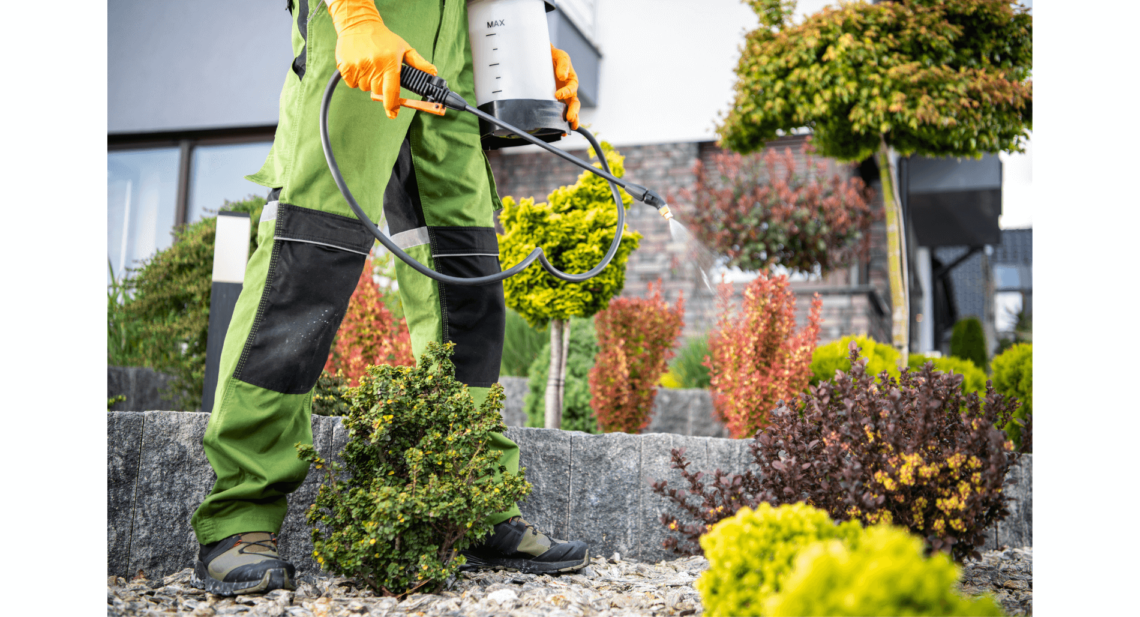Spring is here and it’s the perfect time to get out into your yard. Gardening is a relaxing and enjoyable hobby for many people, offering a great reason to spend an afternoon outdoors. But for hearing aid wearers, gardening may present some unique challenges.
Gardening can expose your hearing aids to dirt, dust, moisture, and other debris that can compromise their performance and lifespan. Here are some practical gardening tips for hearing aid wearers that will help you protect your devices while enjoying gardening.
Protective Gear for Gardening
When you head out into your garden, make sure you have the right protective gear:
- Hats: Wearing a wide-brimmed hat that covers your hearing aids can protect them from direct sunlight and prevent sweat from entering the devices.
- Gloves: Gloves offer protection from dirt, dust, and moisture that can damage or clog the microphone and receiver of the hearing aids. You won’t be tempted to touch your hearing aids with dirty hands and you’ll protect your skin. It’s best to choose gloves that fit snugly and are comfortable to wear for extended periods.
- Face Masks: Wearing a face mask is particularly important for those with allergies or respiratory issues. Pollen and other particles can irritate the ears and cause discomfort that can affect hearing aid functionality.
- Eye Protection: Wearing protective eyewear shields your eyes from dust and debris and can prevent eye irritation.
Maintenance Tips for Hearing Aid Wearers in Gardening
When you come in from the garden, prioritize cleaning your hearing aids. This will enhance the lifespan of your devices.
- Dry and Clean: It’s essential to keep hearing aids free from moisture and debris. Dry them thoroughly after gardening activities using a soft cloth or a drying kit specially designed for hearing aids.
- Use Covers: There are hearing aid accessories available that work as waterproof covers, protecting the devices from moisture and debris. These covers fit securely over the devices and can protect your devices while gardening.
- Be Careful with Sprays: Spraying pesticides, herbicides, or other chemicals can damage hearing aids. It’s best to remove the devices before using sprays or chemicals or use a protective cover that will keep them safe and dry.
- Avoid Direct Sunlight: Direct sunlight can cause overheating, which can damage hearing aids. Keep the devices away from direct sunlight and store them in a cool and dry place.
- Sunscreen: Protect your skin from harmful UV rays by applying sunscreen to exposed parts, including your ears, if not covered by your hat.
- Hydration: Drinking plenty of water is important during gardening activities. Staying hydrated can prevent overheating, which can affect hearing aid performance.
Communication Solutions for Hearing Aid Wearers in Gardening
If you’re in the garden with family or friends, here are a few communication tips to try:
- Assistive Listening Devices (ALDs): Using an ALD such as a pocket-sized FM system or a Bluetooth streaming device can wirelessly transmit sound directly to your hearing aids, making communication easier while gardening.
- Communication Strategies: Let your gardening partners and family members know about your hearing aids and provide them with communication strategies that can make the gardening experience more accessible. Encourage them to speak clearly, face you directly, and avoid talking over each other.
Storage and Transport Tips
When not in use, store your hearing aids in a dry and cool place indoors. A dedicated storage case that provides protection from moisture and debris is a great way to keep your hearing aids safe if you need to take them out for a few minutes while you’re in the yard.
When carrying hearing aids outdoors, use a secure storage case to protect them from being knocked around while in transport. It’s also important to avoid exposing hearing aids to extreme temperatures and direct sunlight when you’re outside.
Enjoy Springtime Gardening
Gardening can be an enjoyable hobby, and hearing aids shouldn’t prevent you from spending time making your yard beautiful. With the right protective gear and a few easy precautions, you can enjoy gardening this spring and summer.
If you have any difficulties with your hearing aids during gardening activities, don’t hesitate to seek professional assistance. A hearing care professional can help diagnose problems and provide solutions to ensure optimal hearing aid performance. We’re here to help you enjoy your spring and summer to the fullest.

